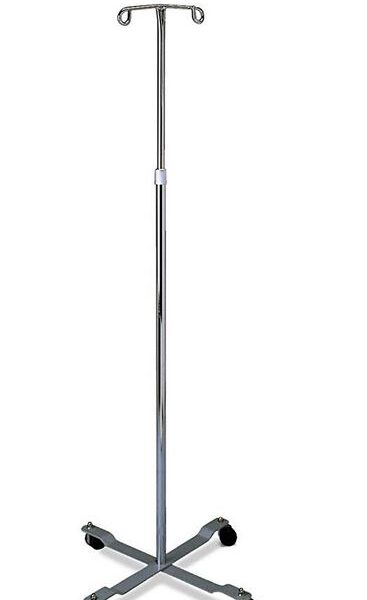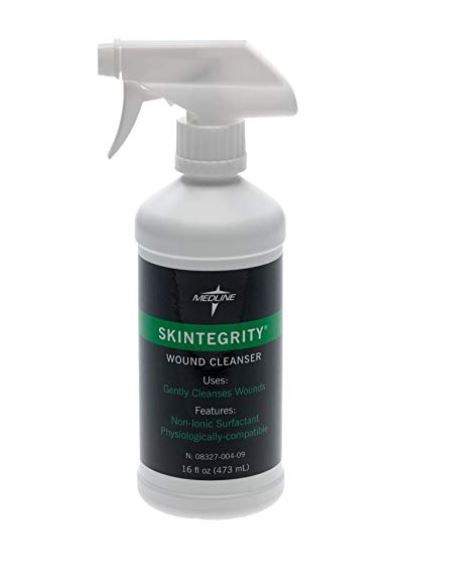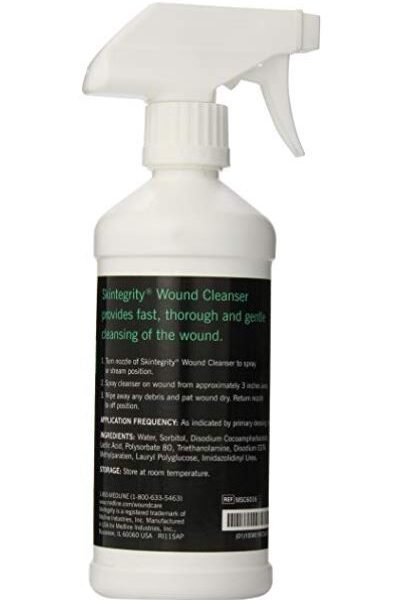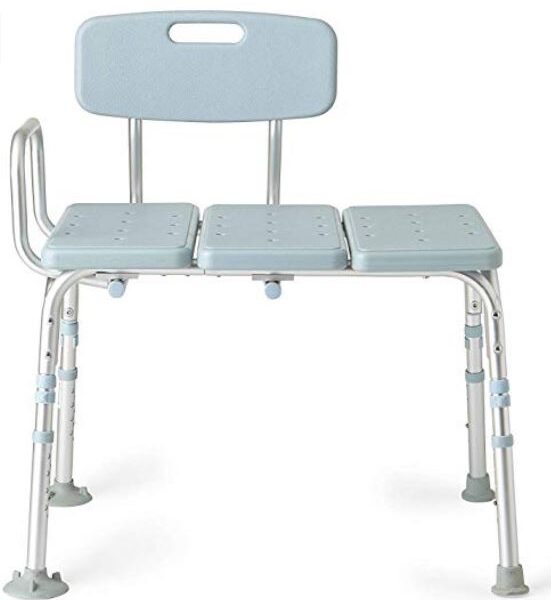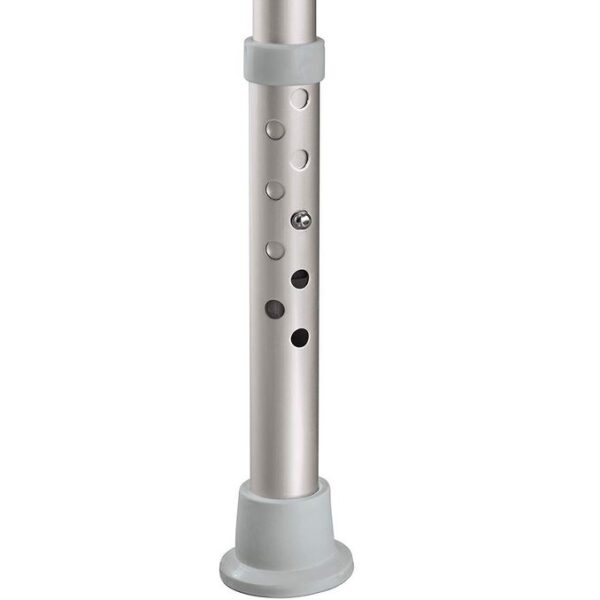Home health care includes a wide range of clinical services that can be given in your home for an illness or injury. It is usually less expensive, more convenient, and equally effective as care you get in a hospital or skilled nursing facility. Home health care is provided by registered nurses, occupational therapists, physical therapists, or other skilled medical professionals. Caregivers rely on a variety of home healthcare products and equipment in performing their duties.
Home health care is generally prescribed by a doctor. Situations in which home healthcare services are used include the following:
- After an inpatient hospitalization, rehabilitation, or stay at a skilled nursing facility to help the patient transition back to independence.
- When a patient needs ongoing care to deal with disabilities, chronic, and terminal illnesses.
- After a medication change, to monitor for side effects and assure a new medication is effective.
- When a patient suffers a noticeable decline in functioning, to help the patient regain independence through therapy or learning new skills to compensate for the deficit.
Subject to certain requirements and restrictions, home healthcare services are often covered by private and government insurance plans, such as Medicare and Medicaid.
What Services are Provided by Home Health Care?
Home health care is generally comprised of one or more of the following services.
- Skilled Nursing:
- Providing patient care:
- Administering medication
- Diagnosing ailments
- Providing holistic care
- Monitoring health status
- Performing medical tests
- Providing medication reminders
- Sexual health care
- Women’s health care
- Providing post-acute care:
- Intravanous (IV) therapy, injections
- Ostomy
- Wound care
- Managing specific conditions:
- Alzheimer’s and Dimentia
- Bariatric
- Diabetic
- Orthopedic
- Respiratory
- Providing patient care:
- In-Home Therapy and Rehab:
Products and Equipment Used to Provide Home Healthcare Services
In performing their services, home healthcare professionals make use of a wide variety of products and equipment. The nature of those products and equipment depends on the specific needs of the each patient under their care. The healthcare professional will bring with them many of the items necessary for care, but many others will be purchased by the patient.
Each of the topics covered in this section for which links are provided above include a discussion of tasks involved in providing home healthcare and the types of products available for caregivers to use in performing the tasks.
Family Caregivers
In 2019, the AARP Public Policy Institute published its Home Alone Revisited study findings.
In an AARP article published in April, 2019, the authors summarized the major findings of Home Alone Revisited as including the following:
- Family caregivers are largely on their own in learning how to perform medical/nursing tasks such as managing incontinence and preparing special diets.
- Most family caregivers who perform medical/nursing tasks feel they have no choice.
- Seven out of ten family caregivers performing medical/nursing tasks face the practical and emotional burden of managing pain.
- Multicultural family caregivers are more likely to experience strain and worry about making a mistake, regardless of income.
- Caregiving is a cross-generational issue for both women and men.
- Social isolation compounds difficulties with complex care, across generations and cultural groups.
- The CARE Act is now law in 42 states and seems to be making a difference, but only 20% of family caregivers were given at least 24 hours’ notice of hospital discharge.
The study is well worth the read if you are providing care to an older family member.
Bibliography
Reinhard, Susan; Young, Heather M.; Levine, Carol; Kelly, Kathleen; Choula, Rita; and Accius, Jean. Home Alone Revisited: Family Caregivers Providing Complex Care. aarp.org . AARP Pubic Policy Institute. Apr 2019. Web. 3 Feb 2020.
Sampling of Representative Home Healthcare Products
Below is a sampling of products and equipment that are used in providing home healthcare services. Click on the links to find out more information, see other products selections, and if you like, to make a purchase from one of our providers.
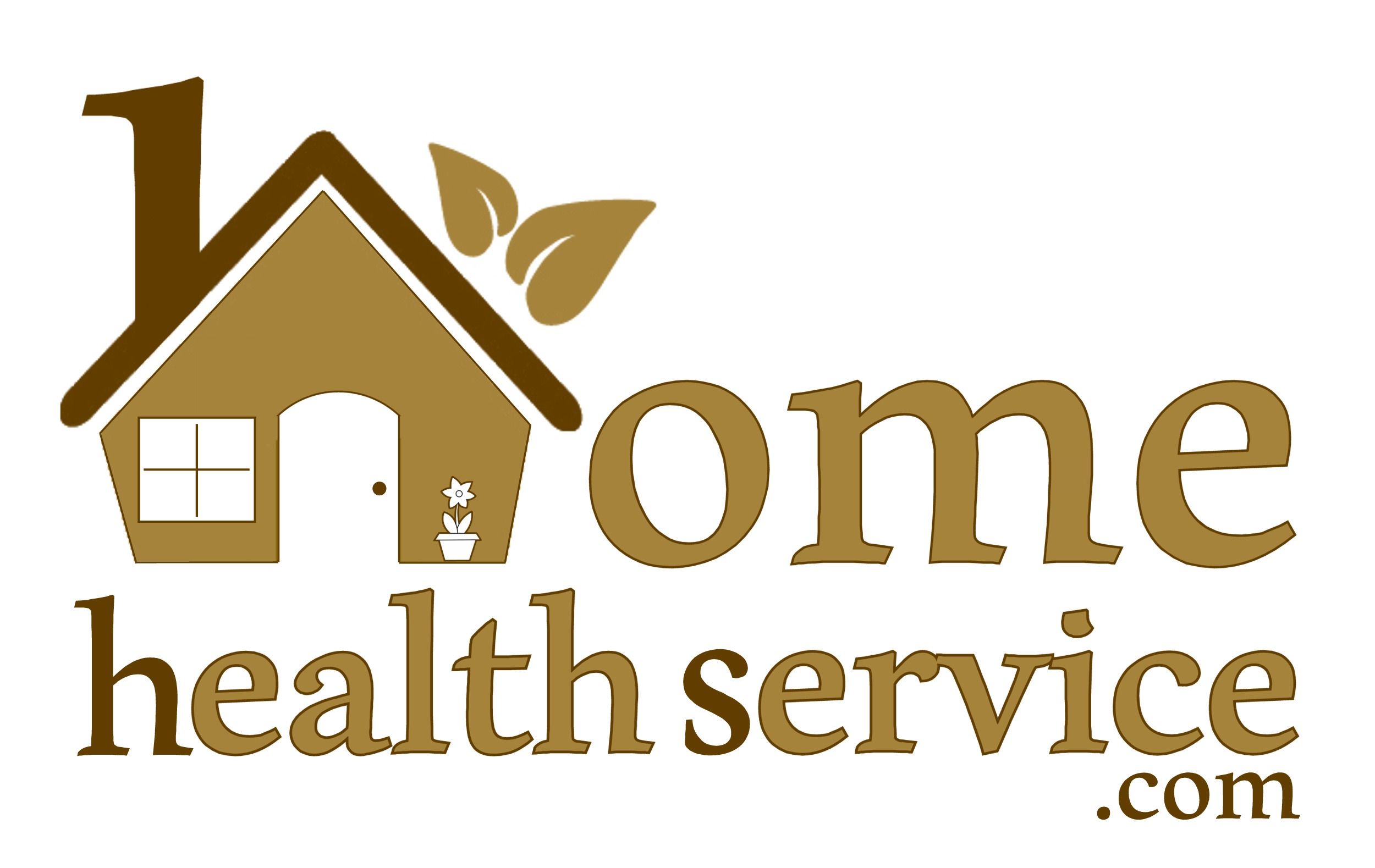

 Personal Development Goals
Personal Development Goals

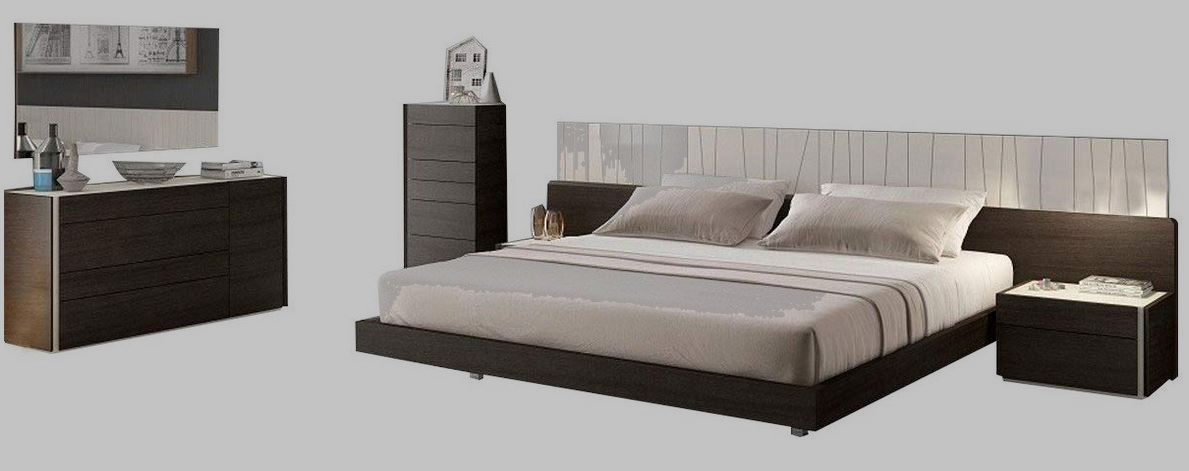 Bedrooms Designed for Aging in Place
Bedrooms Designed for Aging in Place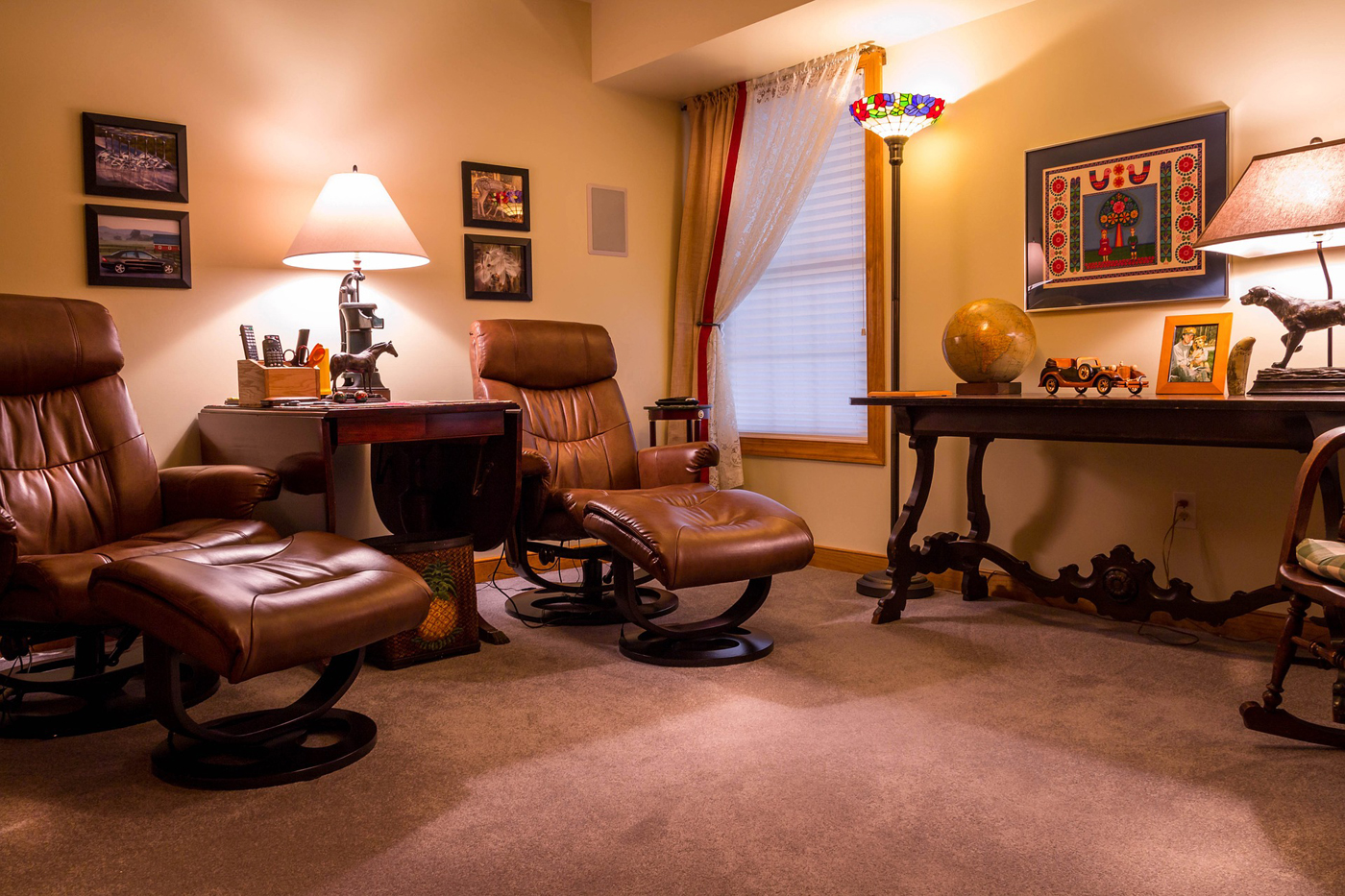 Furniture
Furniture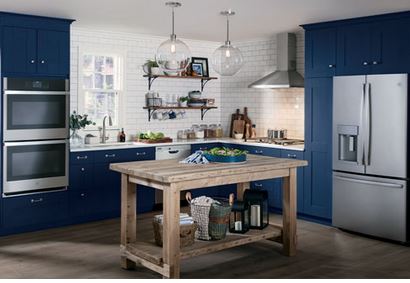 Kitchens Designed for Aging in Place
Kitchens Designed for Aging in Place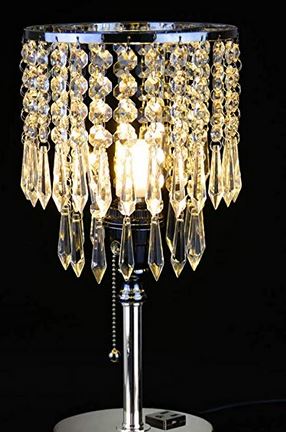 Lighting and Light Switches
Lighting and Light Switches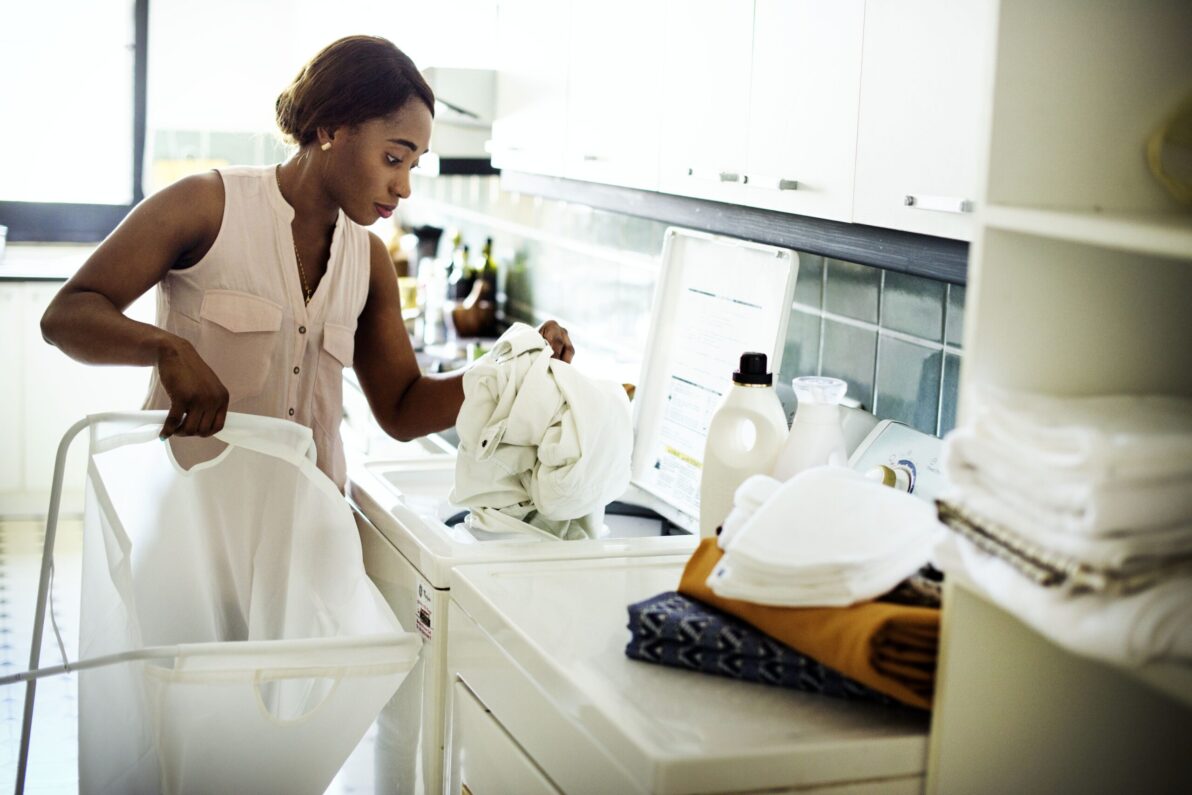
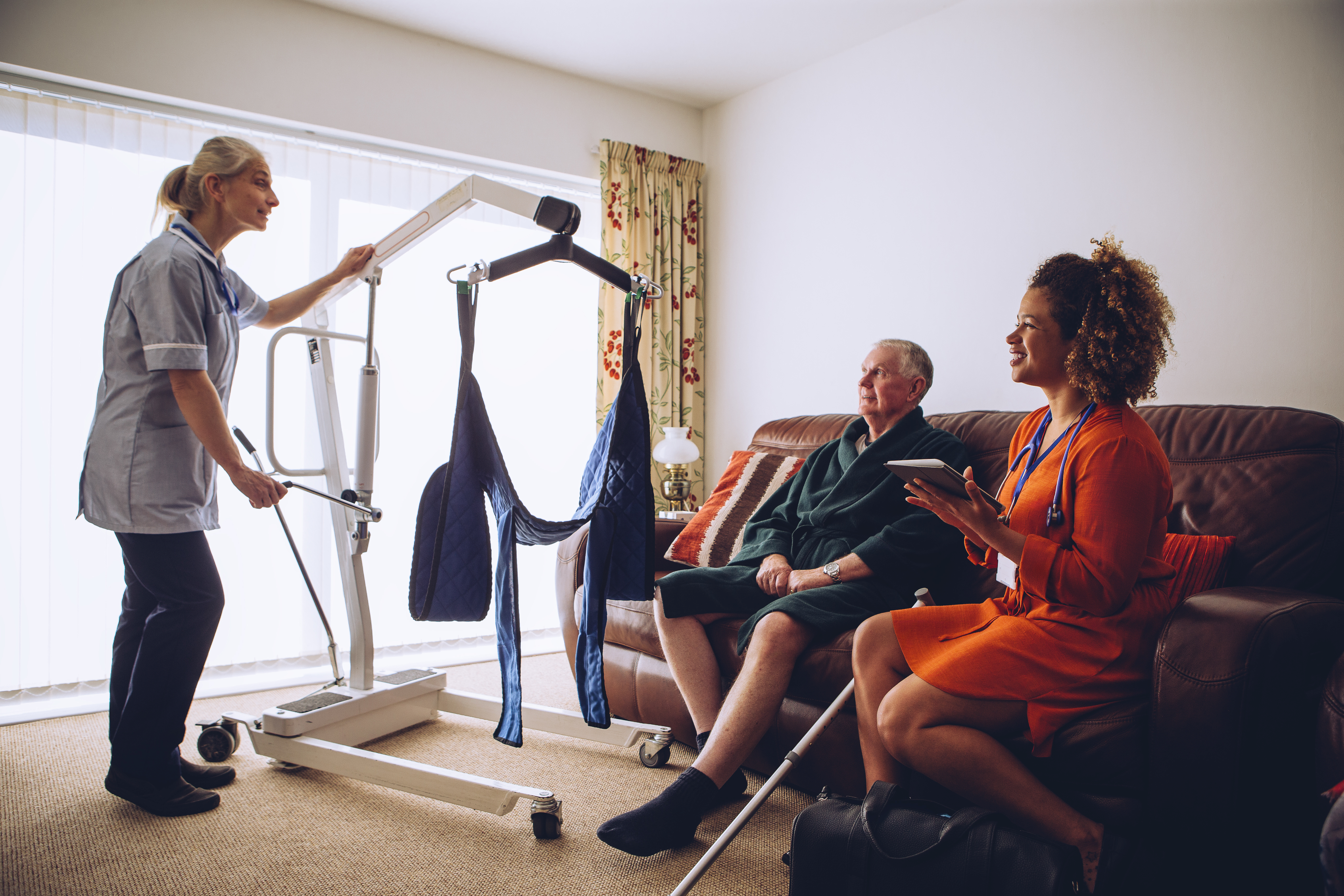 Assisting With Functional Mobility
Assisting With Functional Mobility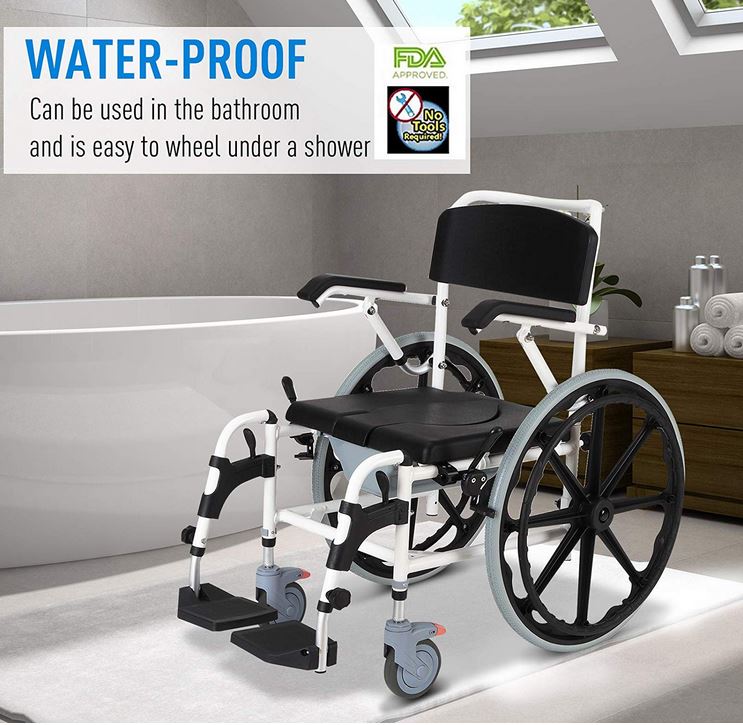 Bath and Shower Mobility Aids
Bath and Shower Mobility Aids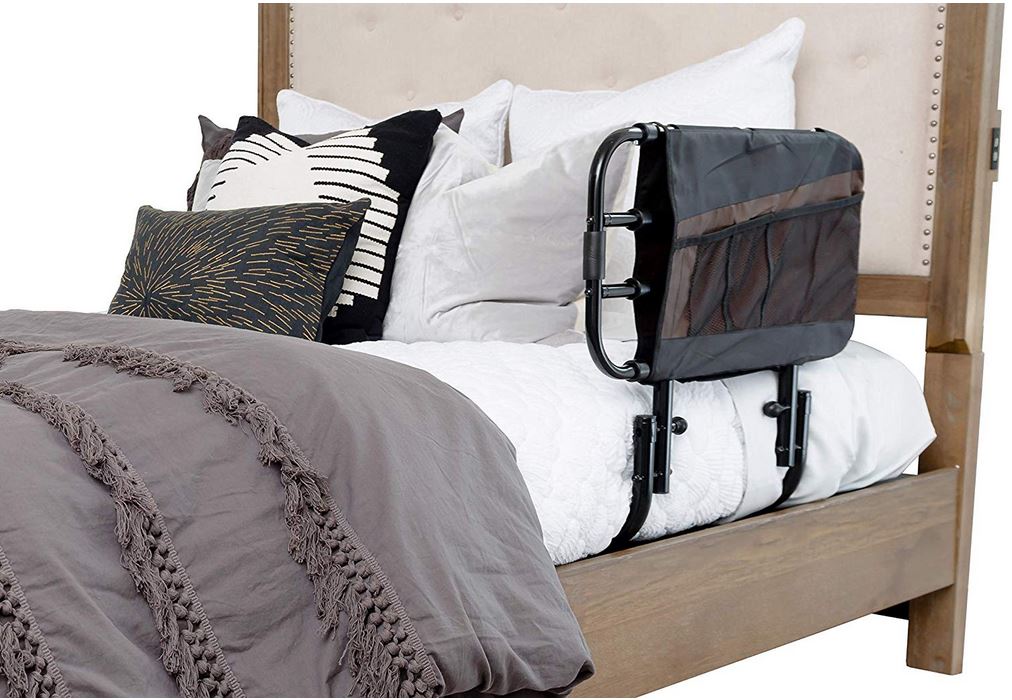 Bedroom Mobility Aids
Bedroom Mobility Aids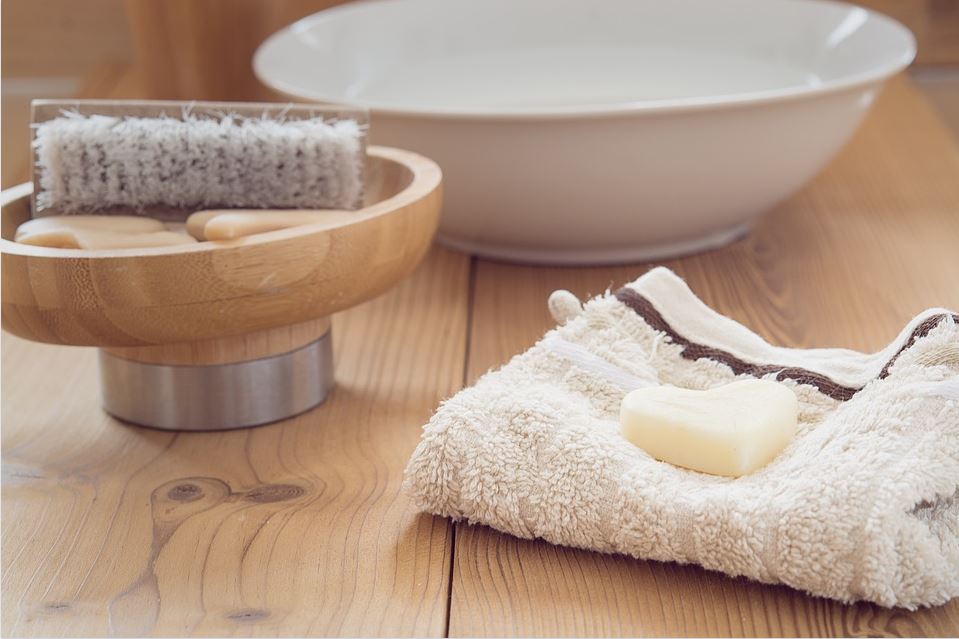 Assisting with Personal Grooming and Hygiene
Assisting with Personal Grooming and Hygiene Caring for Someone With Incontinence
Caring for Someone With Incontinence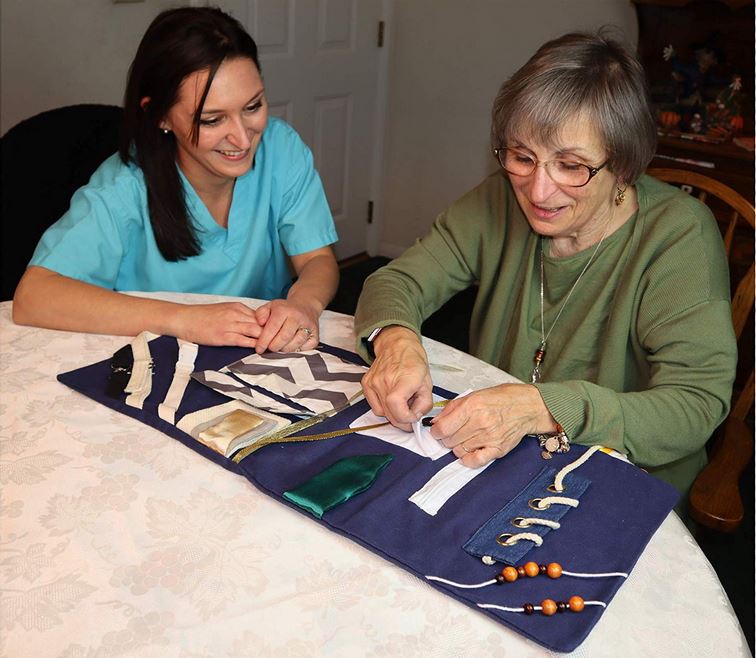 Helping People To Cope with Alzheimer’s and Dementia
Helping People To Cope with Alzheimer’s and Dementia Helping With Bill Paying
Helping With Bill Paying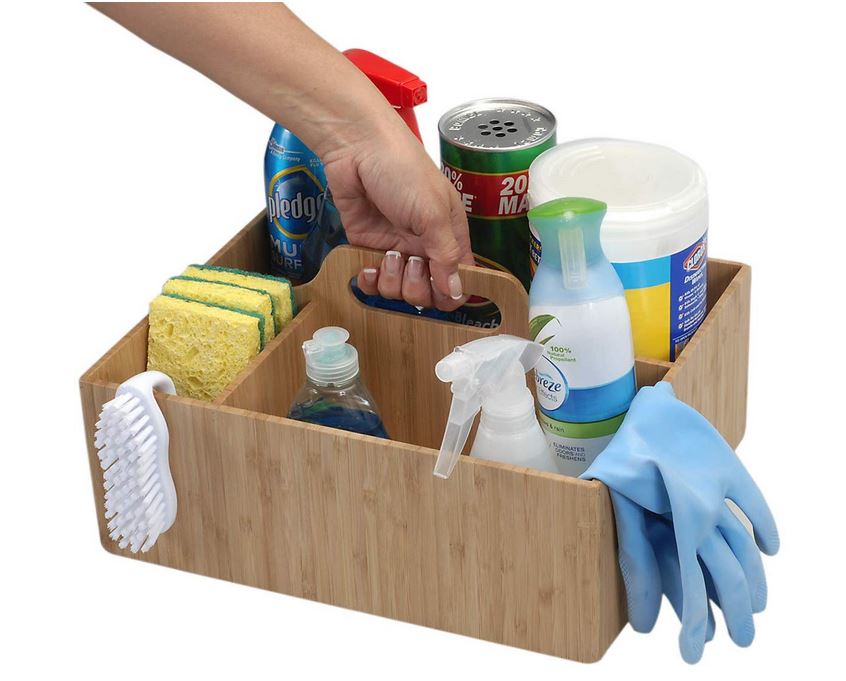 Home Cleaning Services
Home Cleaning Services Offering Companionship
Offering Companionship Providing Medication Reminders
Providing Medication Reminders Providing Transportation
Providing Transportation Running Errands
Running Errands
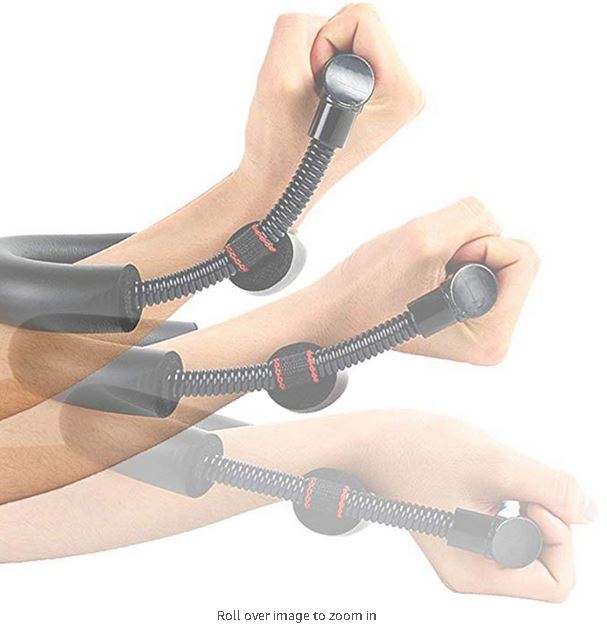
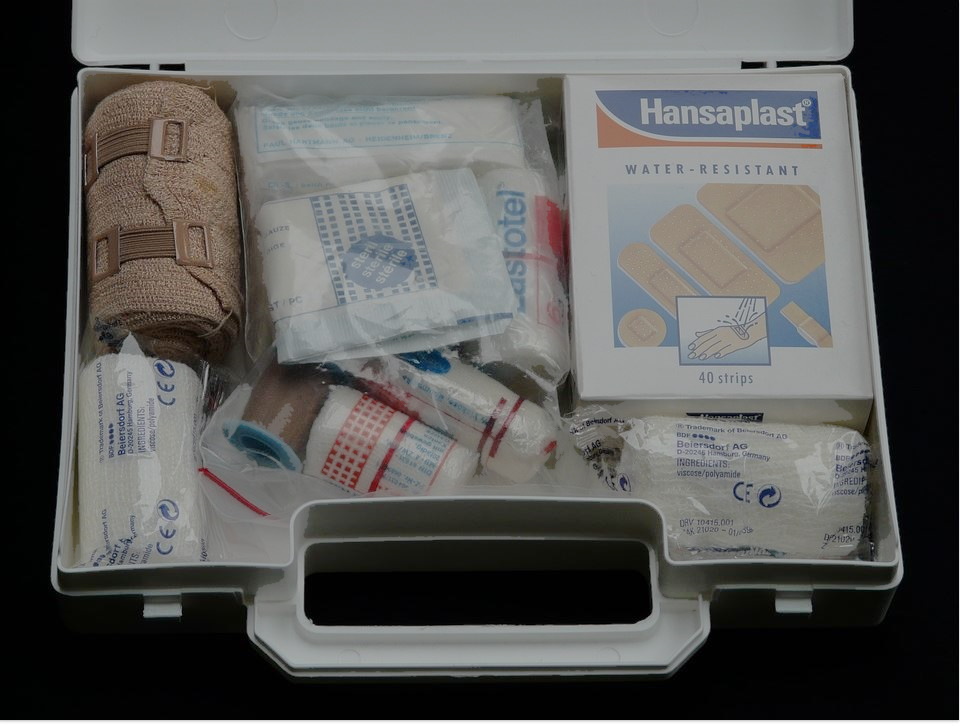 Burn Care
Burn Care Mental Health Rehabilitaion
Mental Health Rehabilitaion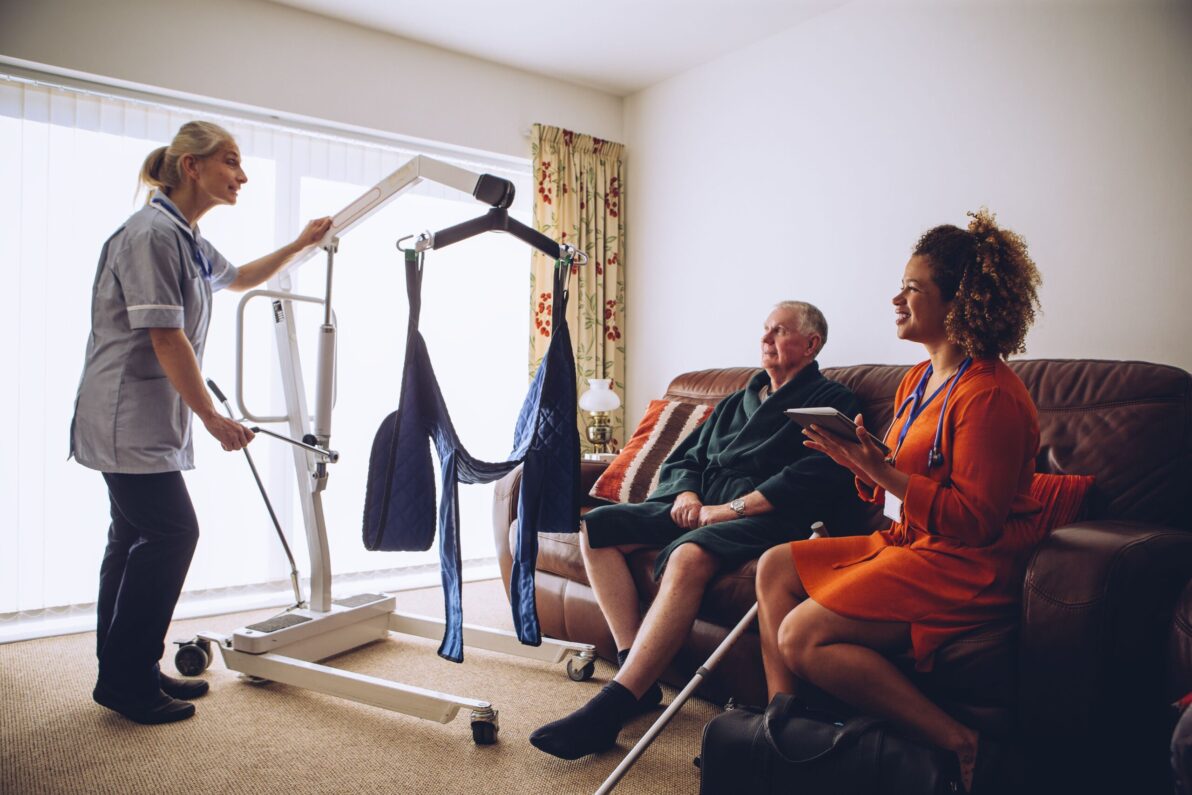
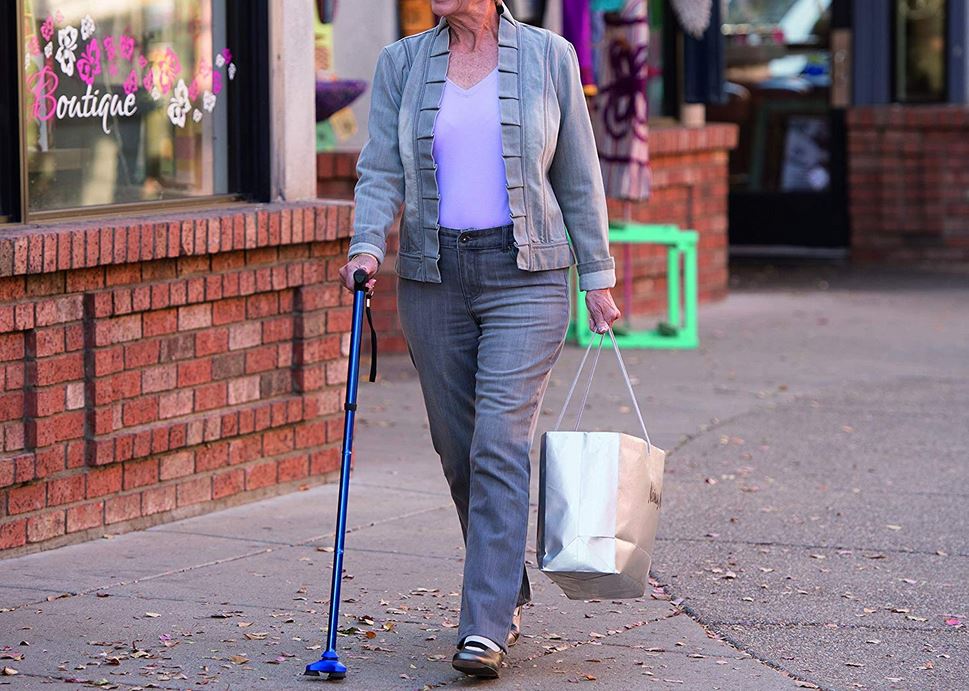 Canes
Canes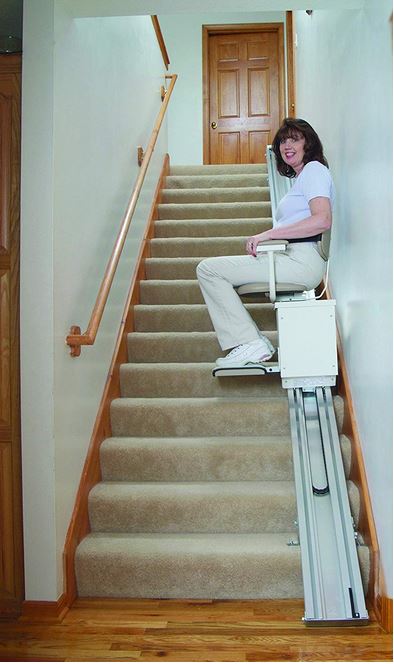 Chair Lifts / Stair Lifts
Chair Lifts / Stair Lifts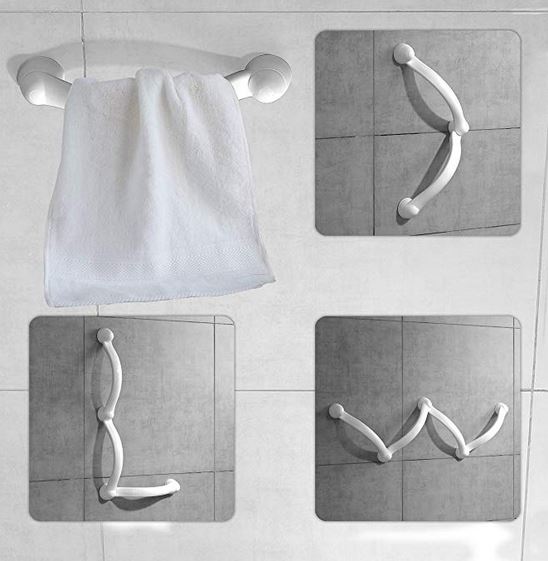 Grab Bars
Grab Bars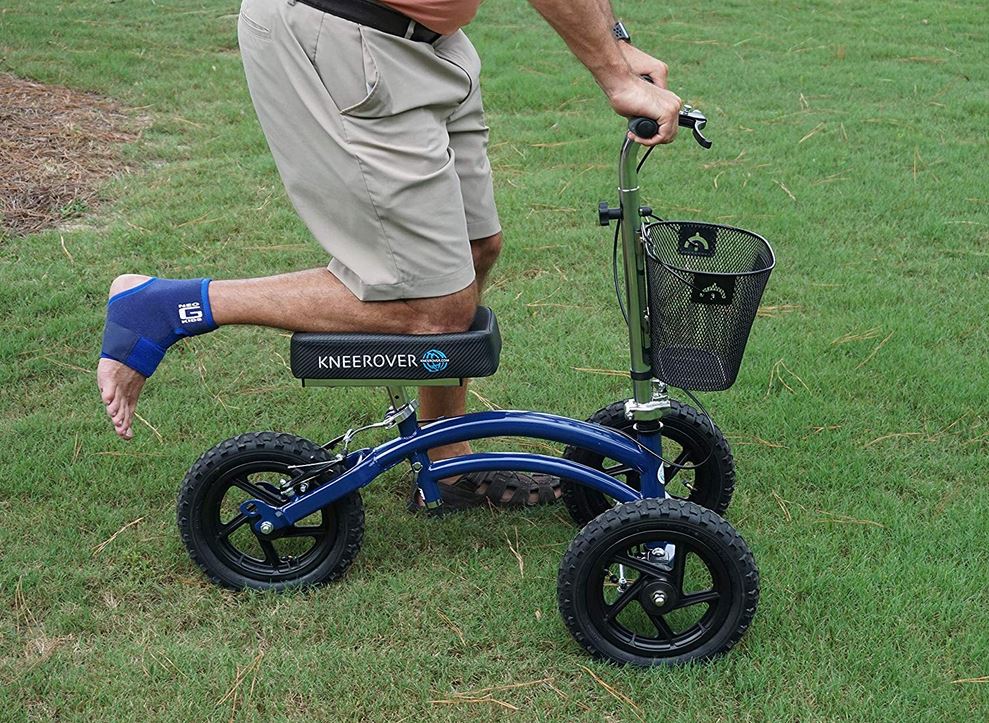 Knee Scooters / Knee Walkers
Knee Scooters / Knee Walkers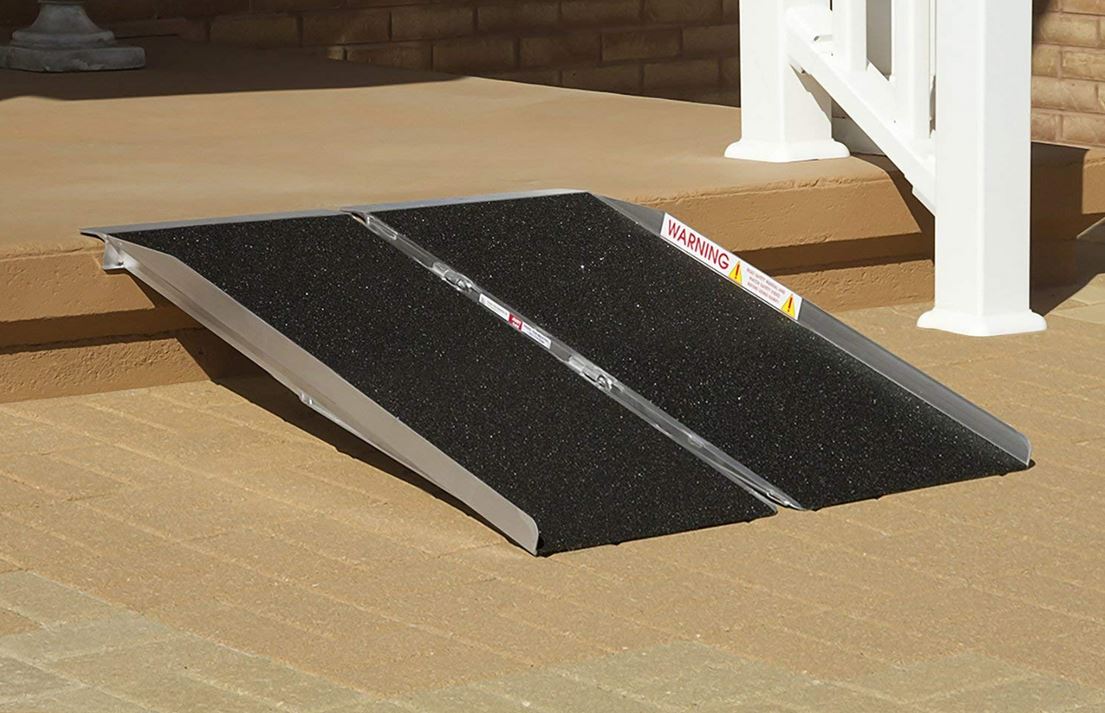 Ramps
Ramps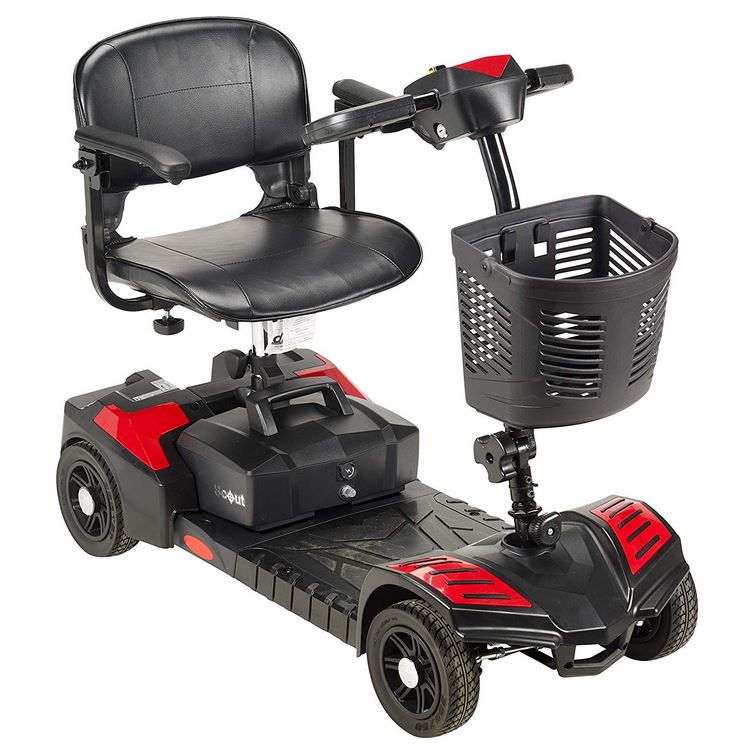 Scooters
Scooters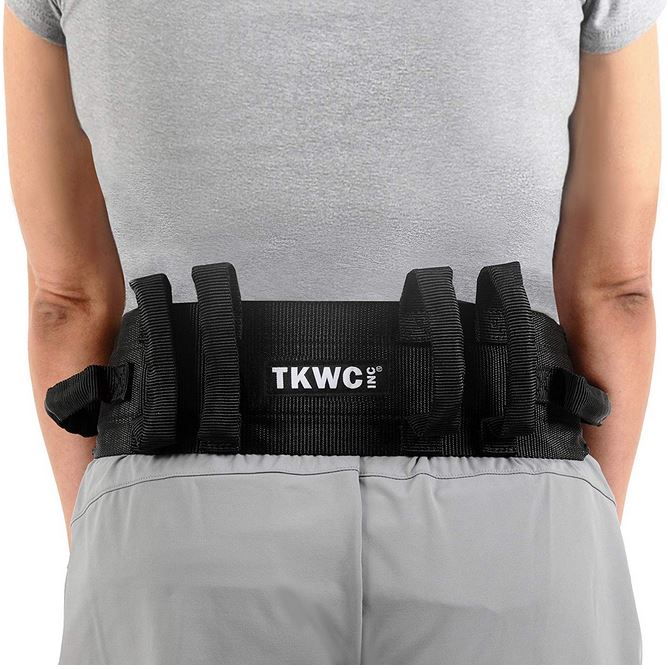 Transfer belts / pads / equipment
Transfer belts / pads / equipment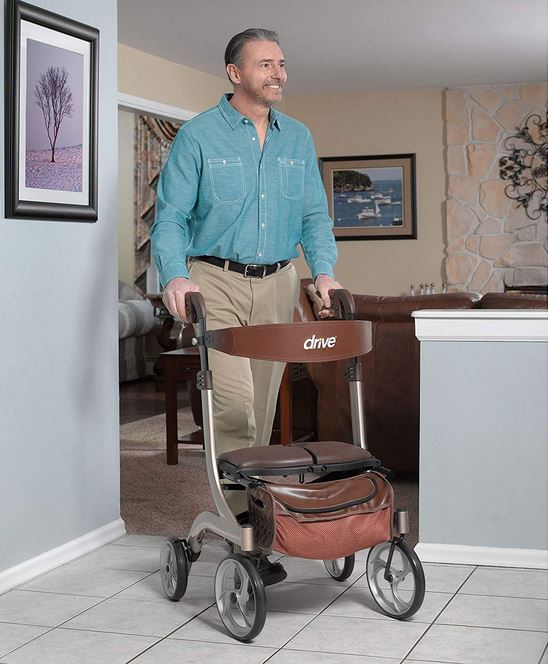 Walkers and Rollaters
Walkers and Rollaters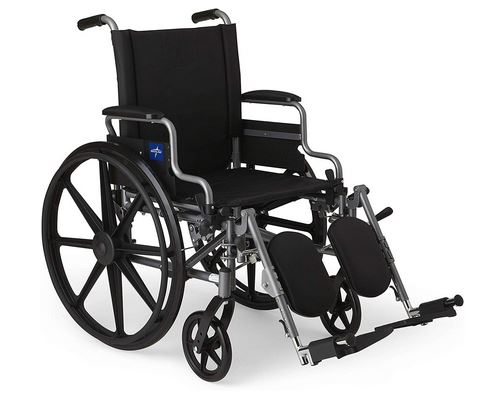 Wheelchairs and Mobile Chairs
Wheelchairs and Mobile Chairs
 Accounting and Tax
Accounting and Tax Books-Seminars-Courses
Books-Seminars-Courses
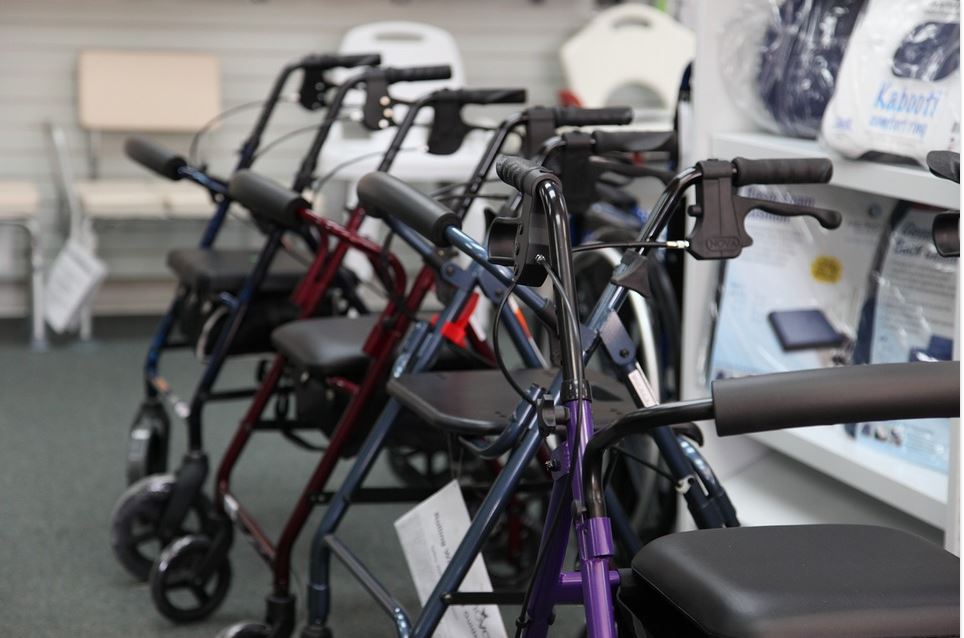 ASSISTED LIVING
ASSISTED LIVING Assisted Living Facilities
Assisted Living Facilities Cohousing Communities
Cohousing Communities Manufactured Housing Communities
Manufactured Housing Communities Naturally Occurring Retirement Communities (NORCs)
Naturally Occurring Retirement Communities (NORCs) Personal Residence LIving Independetly
Personal Residence LIving Independetly Accessory Dwelling Units
Accessory Dwelling Units Continuing Care Retirement Communities
Continuing Care Retirement Communities Multigenerational Households
Multigenerational Households